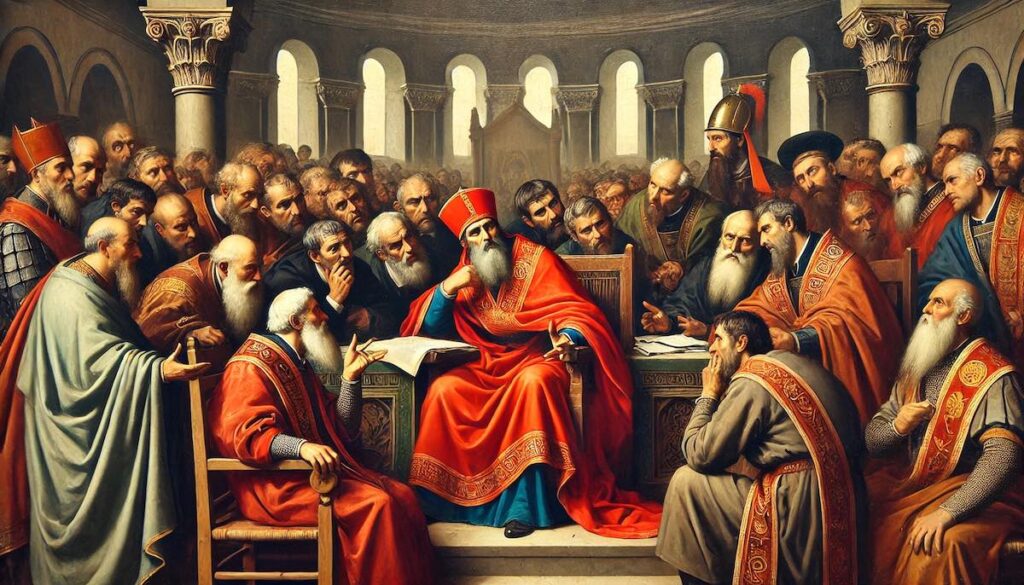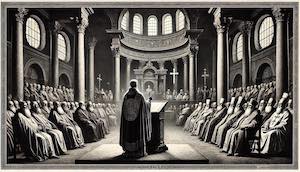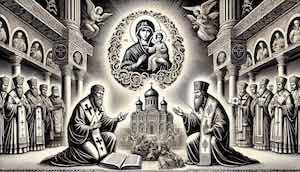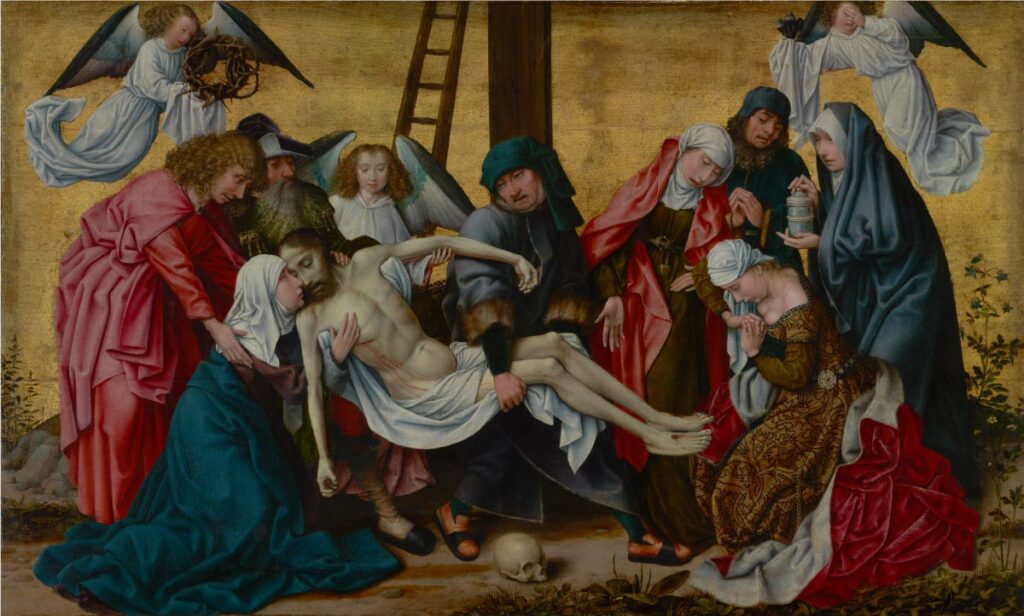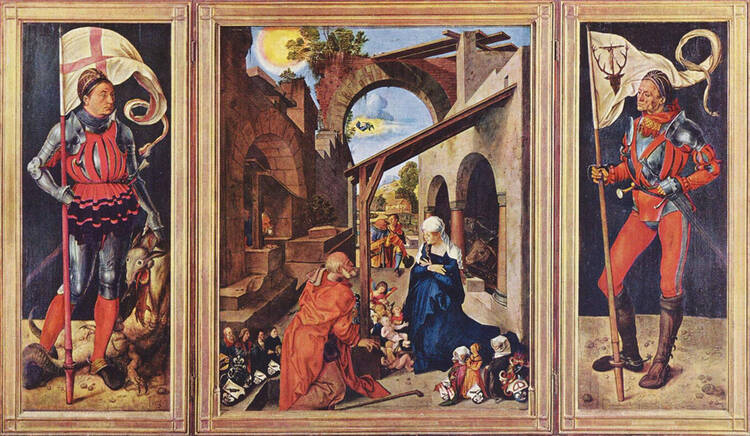3. Pelagianism: Taught that original sin did not taint human nature and that humans could achieve salvation without divine grace.
4. Gnosticism: Claimed that salvation came through secret knowledge, and that the material world was evil and created by a lesser god.
5. Docetism: Believed that Christ’s physical body was an illusion, and He did not truly suffer or die on the cross.
6. Monophysitism: Taught that Christ had only one nature, either divine or a synthesis of divine and human, rejecting the dual nature of Christ.
7. Manichaeism: Blended Christian, Gnostic, and other traditions, teaching a dualistic battle between good (spirit) and evil (matter).
8. Donatism: Argued that the validity of sacraments depended on the personal holiness of the minister administering them.
9. Sabellianism (Modalism): Claimed that the Father, Son, and Holy Spirit were not distinct persons but merely modes or aspects of one God.
10. Marcionism: Rejected the Old Testament and the God of Israel, promoting a belief in a higher, benevolent God distinct from the Creator.
11. Apollinarianism: Taught that Jesus had a human body but a divine mind, denying the fullness of His human nature.
12. Iconoclasm: Rejected the use of religious images or icons, considering their veneration to be idolatrous.
13. Catharism: A dualist belief that rejected the material world and the Catholic sacraments, promoting extreme asceticism.
14. Montanism: Believed in new prophetic revelations and a stricter moral code, challenging the authority of the Church.
15. Adoptionism: Claimed that Jesus was born human and was later adopted as the Son of God at His baptism.
16. Jansenism: Overemphasised predestination and human depravity, advocating for a more rigourist interpretation of grace.
17. Monothelitism: Taught that Christ had two natures but only one will, a divine will.
18. Eutychianism: Asserted that Christ’s human nature was absorbed into His divine nature, effectively denying His humanity.
19. Albigensianism: A dualist heresy similar to Catharism, teaching that the material world was evil and promoting a strict ascetic lifestyle.
20. Luciferianism: Believed in the strict re-admittance of sinners, particularly those who lapsed during persecution, challenging Church forgiveness policies.
21. Protestantism: Rejected key Catholic doctrines such as papal authority, the sacraments, and tradition, advocating sola scriptura and sola fide, thus constituting a formal heresy within Christianity.
22. Mohammedanism (Islam): Though not technically heretical because Muhammad was not baptised, Islam is considered a spiritual deviation from Christianity, similar to early heresies like Arianism and Nestorianism, as it borrows elements from Christian teachings but rejects key doctrines like the Trinity and the divinity of Christ.

